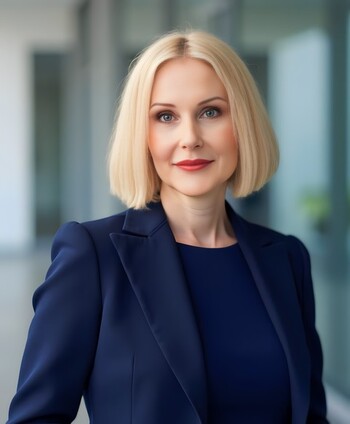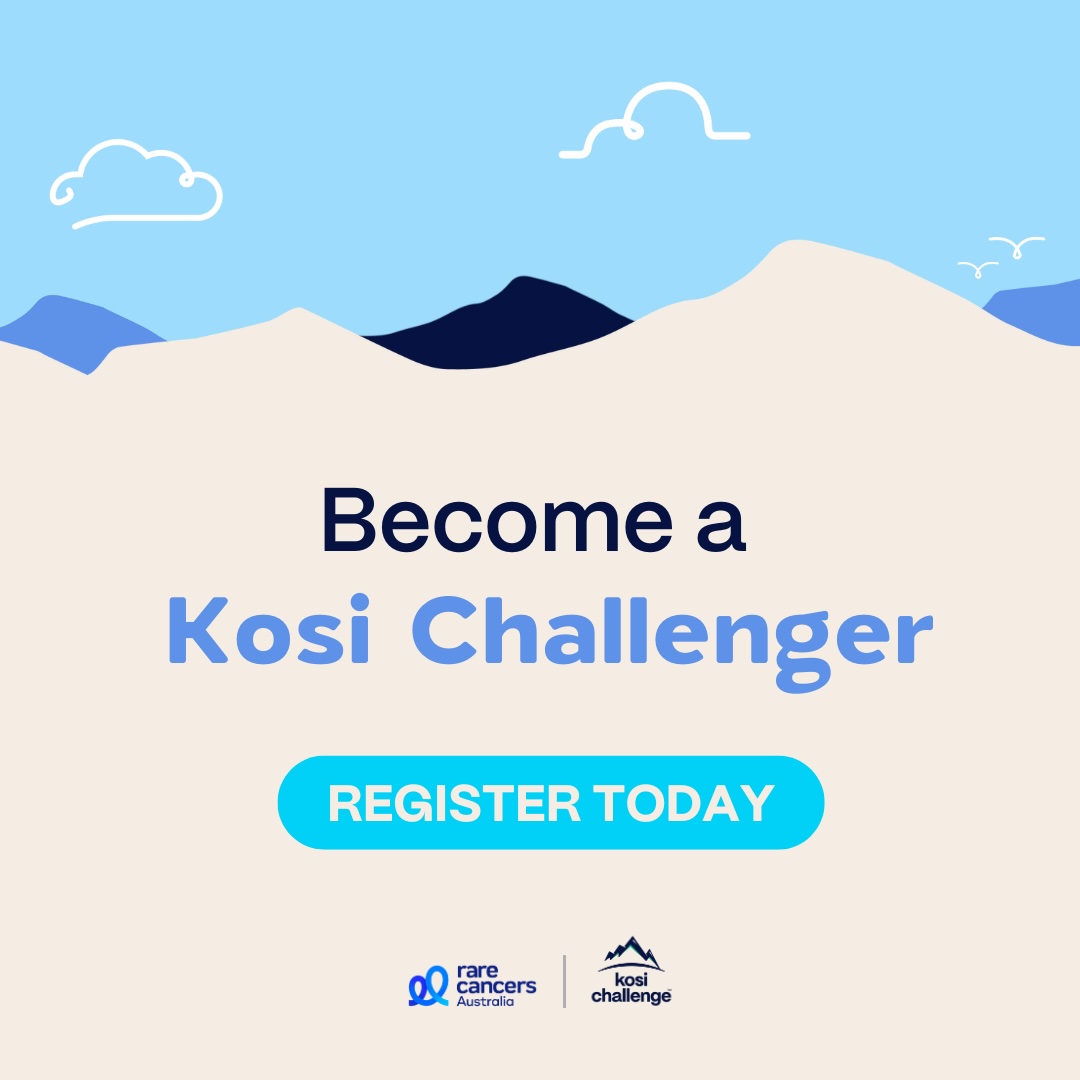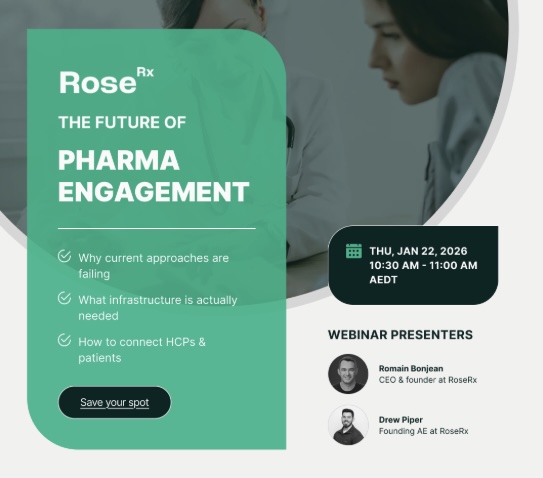When it comes to artificial intelligence, the biggest obstacle facing Australia’s pharmaceutical sector isn’t a lack of algorithms or expertise. It is the culture.

That is the message from Dr Andrée Bates, neuroscientist, global thought leader in AI for pharma, and founder and CEO of Eularis, who will headline Monday’s AI Health Summit in Sydney.
Dr Bates has been helping pharmaceutical companies integrate AI into their strategies since 2003, long before the current wave of interest. Yet, she says the industry’s biggest challenge today is not technical but behavioural.
“Many individuals and organisations are approaching AI as an ‘add-on’ to their core business, and this is short-sighted,” she says. “Pharma is a sector that will benefit immeasurably by embedding AI throughout its strategy, culture and operations.”
Over more than two decades, Dr Bates and her company, Eularis, have led AI-driven transformation projects across every function of the pharma industry from R&D and clinical trials to medical affairs and commercial operations. Dr Bates says the results have been striking, with 81 per cent efficiency gains, more than 1,000 per cent productivity increases, and faster patient identification in ultra-rare diseases that would have been missed using traditional methods.
Yet, for Dr Bates, the most important impact has been human. “These AI applications have directly saved lives by accelerating diagnosis and access to treatment,” she says. “That’s what this is all about — combining data, compassion and technology to make health systems more responsive.”
At the AI Health Summit, Dr Bates will join a lineup that includes policy leaders and innovators from across Australia’s life sciences ecosystem. Her keynote will explore the profound organisational changes required to realise AI’s promise, and the risks of treating it as a technology project rather than a strategic transformation.
She argues that while most pharmaceutical companies recognise AI’s potential, few have yet built the governance, processes and mindsets needed to deploy it responsibly and at scale. “AI education is fundamental to achieving the cultural and strategic evolution necessary for embedding AI across business priorities,” she says.
To that end, Dr Bates delivers executive training programs for global pharmaceutical companies, helping senior leaders translate AI from concept to capability. Her sessions draw on hundreds of real-world case studies from Europe, Asia-Pacific, North America and Latin America, and she adapts each program to the organisation’s unique challenges and culture.
A passionate educator and sought-after speaker, Dr Bates has delivered more than 500 presentations at universities and leadership programs worldwide. She will be in Australia throughout November and December 2025, offering a limited number of in-house AI training sessions tailored to the life sciences sector.
But for most Australian delegates, Monday’s Summit will be a rare chance to hear directly from one of the world’s most experienced AI strategists in pharma — and to confront the question she has been asking the industry for two decades:



